As a professional in the construction industry, I cannot emphasize enough the importance of plumbing in house construction.
Plumbing is a critical component that ensures the safety, functionality, and comfort of your home. Without a proper plumbing system, your house is incomplete and inhabitable.
Plumbing refers to the system of pipes and fixtures that supply water and remove waste from a building. It includes the installation of water supply lines, sewer lines, plumbing fixtures such as sinks, showers, and toilets. A reliable plumbing system guarantees your house a clean, sustainable, and efficient water supply.
Key Takeaways:
- Plumbing is an essential component in constructing a safe and functional home
- A proper plumbing system ensures the delivery of clean and safe water for drinking and cleaning.
- Plumbing provides the framework for various fixtures, including toilets, sinks, and showers.
- A career in plumbing is a promising option with high demand, steady employment and potential for growth.
- Investing in a reliable plumbing system can provide long-term benefits, reducing water and energy consumption.
The Importance of Plumbing in Ensuring Safety
When it comes to house construction, plumbing plays a critical role in ensuring safety, especially in ensuring clean and safe water for drinking, cooking, and cleaning.
Plumbing systems help in delivering and distributing clean and safe water, thereby safeguarding you and your family’s health. But that’s not all.
Did you know that properly installed plumbing systems can prevent waterborne diseases? By carrying out timely and regular maintenance and repairs,
you can keep your plumbing system in top-notch condition, reducing the risk of diseases like cholera, dysentery, and typhoid fever.
Additionally, plumbing systems are integral to maintaining hygiene and cleanliness in your home.
They support the removal of waste and wastewater from showers, toilets, and sinks, preventing the accumulation of harmful bacteria and microorganisms.
So, it’s clear to see that there are many reasons why plumbing is important for ensuring safety. Clean water, proper sanitation, and hygiene are all crucial needs that effective plumbing systems can provide.
Plumbing for Functionality and Convenience
Plumbing is an important aspect of house construction, and it is usually done after plastering to ensure that all the necessary pipelines and fixtures are properly installed.
The plumbing system includes water supply lines, sewer lines, and drainage systems, which provide the framework for various essential fixtures such as sinks, toilets, showers, and faucets.
These fixtures are integral to the functionality and convenience of a house. Without proper plumbing, these fixtures cannot operate efficiently, causing inconvenience and disrupting daily tasks.
For instance, without a proper drainage system, you may face the issue of water clogging in your bathroom or kitchen due to the inefficient discharge of wastewater.
Similarly, without a well-designed water supply system, you may face low water pressure issues, leading to inadequate supply of water in your house.
Therefore, it’s essential to hire a professional plumber to install, maintain, and repair your plumbing systems. A licensed and experienced plumber can help you avail the benefits of a well-designed plumbing system, ensuring that they operate efficiently and last for years to come.
Overall, plumbing is crucial to ensuring the functional and convenient living of residents in a house.
Proper plumbing installation has a significant role in the overall design and aesthetics of a home. Regardless of the type of construction, be it residential or commercial, efficient plumbing is crucial for a well-designed and functional space.
Plumbing as an Art and Science
Did you know that plumbing is not just a trade but also an art and science? As a skilled plumber, I can attest that it requires a combination of skill, precision, and knowledge of building codes and regulations. A plumber needs to understand the intricate network of pipes, fittings, and valves to ensure that water flows smoothly and efficiently throughout a house.
As an art, plumbing involves problem-solving, creativity, and craftsmanship to provide aesthetically pleasing and functional plumbing solutions. For example, when designing a bathroom, a plumber considers the layout, space, and overall interior design of the house, ensuring that every fixture is both functional and appealing.
Plumbing is also a science, requiring an understanding of the laws of physics and fluid dynamics. This is crucial for designing and installing efficient plumbing systems that conserve water and energy. Additionally, plumbing systems must meet local building codes and industry standards to ensure safety and longevity.
Overall, plumbing combines art and science to provide homeowners with exceptional plumbing solutions that are safe, efficient, and aesthetically pleasing. It’s no wonder why plumbing is the best trade – offering both financial and personal satisfaction to those who choose it as a profession.

The Cost of Plumbing and its Long-Term Benefits
Plumbing systems can be expensive due to high material, labor, permit, and inspection costs.
However, investing in a properly installed plumbing system can have long-term benefits that outweigh the initial expenses.
Apart from enhancing the functionality and comfort of your home, a well-designed plumbing system saves water, energy, and money by preventing leaks and improving water efficiency.
It’s crucial to address any noises from plumbing pipes to avoid costly repairs down the line. Unusual noises such as banging, gurgling, and whistling could indicate problems such as water hammer, clogs, or loose connections.
Prompt diagnosis and repair of these issues by a licensed plumber can save you money and prevent further damage to your plumbing system.
Plumbing as a Promising Career Option
If you’re looking for a good career option, plumbing may be worth considering. With a growing demand for skilled plumbers, there’s a wide range of employment opportunities in residential, commercial, and industrial settings.
Plumbing is a stable profession that offers potential for growth and diversity. Many plumbing companies offer excellent benefits and competitive salaries, and there’s always a need for plumbing services. Whether you work for a large corporation or run your own business, plumbing can provide job security and financial stability.
While plumbing requires technical skills and knowledge of building codes and regulations, it also involves problem-solving, creativity, and craftsmanship. As you gain experience, you’ll develop proficiency in designing and implementing aesthetically pleasing and practical plumbing solutions.
Additionally, plumbing can be personally fulfilling. As a plumber, you’ll play a valuable role in helping people solve problems and improve their homes and workplaces. You’ll have the satisfaction of knowing that your work is essential to the health and safety of your clients.
Skills Needed for a Career in Plumbing
Plumbing requires a unique set of skills and experience. To become a plumber, you’ll need to complete a formal apprenticeship program and obtain the required certifications and licenses.
Here are some of the essential skills needed for a career in plumbing:
- Excellent problem-solving skills
- Strong attention to detail
- Ability to read and interpret blueprints and schematics
- Good hand-eye coordination and mechanical ability
- Physical dexterity and strength for manual labor
- Excellent communication skills
- Ability to work independently or as part of a team
Salary and Potential Earnings
According to the Bureau of Labor and Statistics, the average salary for plumbers in the United States is around $54,180 per year. However, top earners in the field can make upwards of $90,000 per year, depending on their level of experience, certifications, and specialization.
Certifications and Education Requirements
To become a plumber, you’ll need to complete a formal apprenticeship program or vocational training. Many trade schools and community colleges offer plumbing courses and certifications. You may also need to obtain specific licenses and certifications depending on your state or municipality.
Top 5 States with the Highest Employment Level for Plumbers
| Rank | State | Employment Level |
|---|---|---|
| 1 | Texas | 60,860 |
| 2 | California | 53,510 |
| 3 | Florida | 35,930 |
| 4 | New York | 31,750 |
| 5 | Ohio | 30,380 |
Source: Bureau of Labor and Statistics, May 2020.
Conclusion
As a professional copywriting journalist, I cannot stress enough the importance of plumbing in house construction. Plumbing systems are essential for delivering clean and safe water, removing waste, and providing the necessary framework for various essential fixtures.
Properly installed plumbing systems ensure the safety, functionality, and comfort of your home, making them indispensable for modern living.
Although plumbing can be expensive, the long-term benefits outweigh the initial investment. Plumbing systems that function efficiently can help save water, energy, and money, providing a well-functioning system that lasts.
Additionally, plumbing is a promising career option, offering steady employment, growth potential, and financial rewards. With the right training and certifications, anyone can start a career in plumbing and enjoy diverse opportunities in residential, commercial, and industrial settings.
In conclusion, a well-designed plumbing system is a crucial component of any house construction project. Homeowners and aspiring plumbers alike can appreciate the value it adds to living spaces and overall quality of life.
FAQ
Why is plumbing important in house construction?
Plumbing is important in house construction because it ensures the safety, functionality, and comfort of your home. It plays a crucial role in delivering clean water, removing waste, and providing the necessary framework for essential fixtures.
How does plumbing ensure safety?
Plumbing systems help deliver clean and safe water for drinking, cooking, and cleaning. Properly installed plumbing prevents water contamination and protects against potential health hazards and waterborne diseases.
Why is plumbing done after plastering?
Plumbing is done after plastering to ensure that all necessary pipelines and fixtures are properly installed. This includes water supply lines, sewer lines, and drainage systems, which are essential for the functionality and convenience of a house.
Why is plumbing considered an art and science?
Plumbing is not just a trade but also an art and science. It requires skill, precision, and knowledge of building codes and regulations. Plumbers need to understand the intricate network of pipes, fittings, and valves to ensure smooth water flow and provide aesthetically pleasing and functional plumbing solutions.
Why is plumbing expensive?
Plumbing can be expensive due to the cost of materials, labor, permits, and inspections. However, the long-term benefits of a properly installed plumbing system, such as water and energy savings, outweigh the initial investment.
Why is plumbing a good career option?
Plumbing is a good career option because the demand for skilled plumbers is high, ensuring steady employment and potential for growth. Plumbers are needed in various settings, offering job security and diverse opportunities. With the right training and certifications, a career in plumbing can be financially rewarding and personally fulfilling.
Why is addressing plumbing pipe noises important?
Addressing plumbing pipe noises is important because they can indicate underlying issues that may lead to costly repairs if left unattended. It is essential to identify and resolve these issues promptly to maintain the integrity and functionality of the plumbing system.

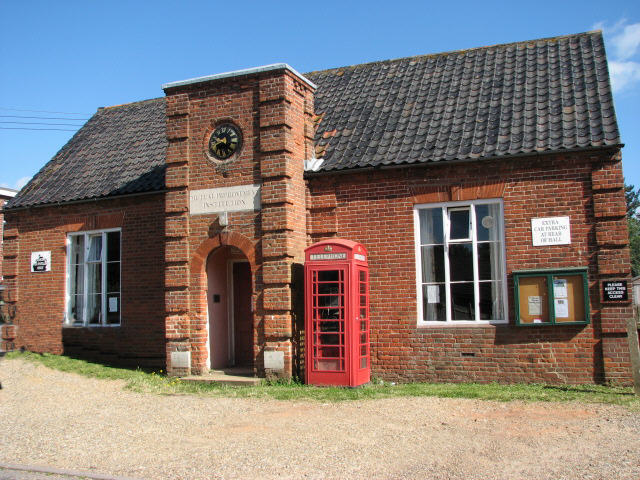
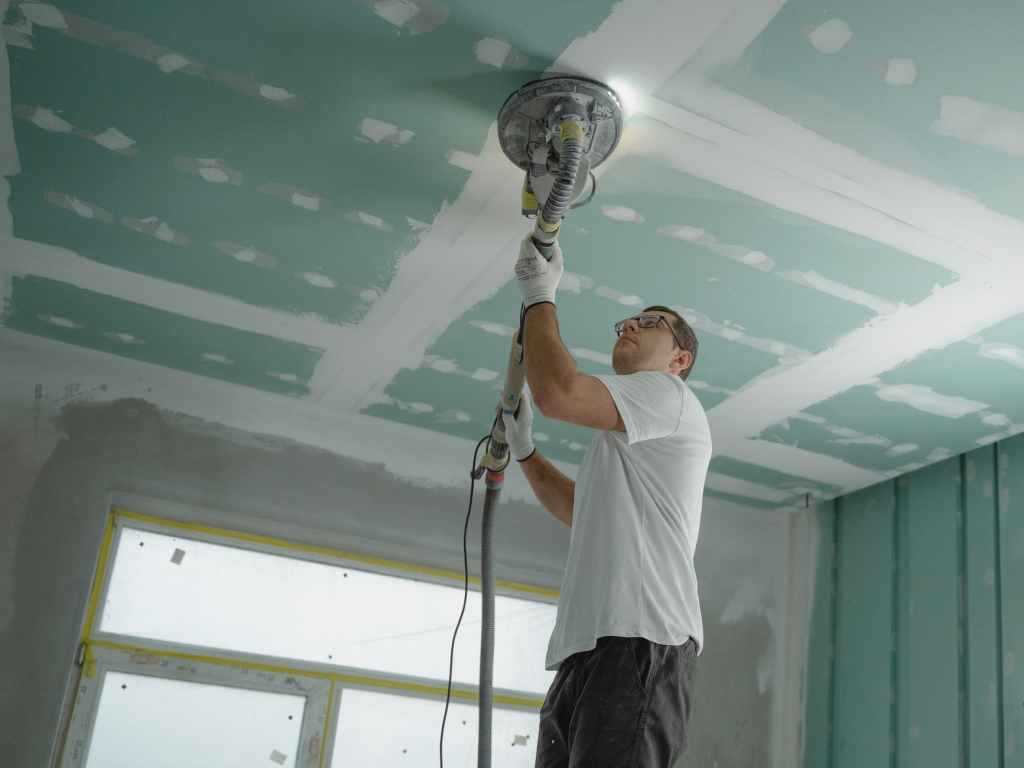




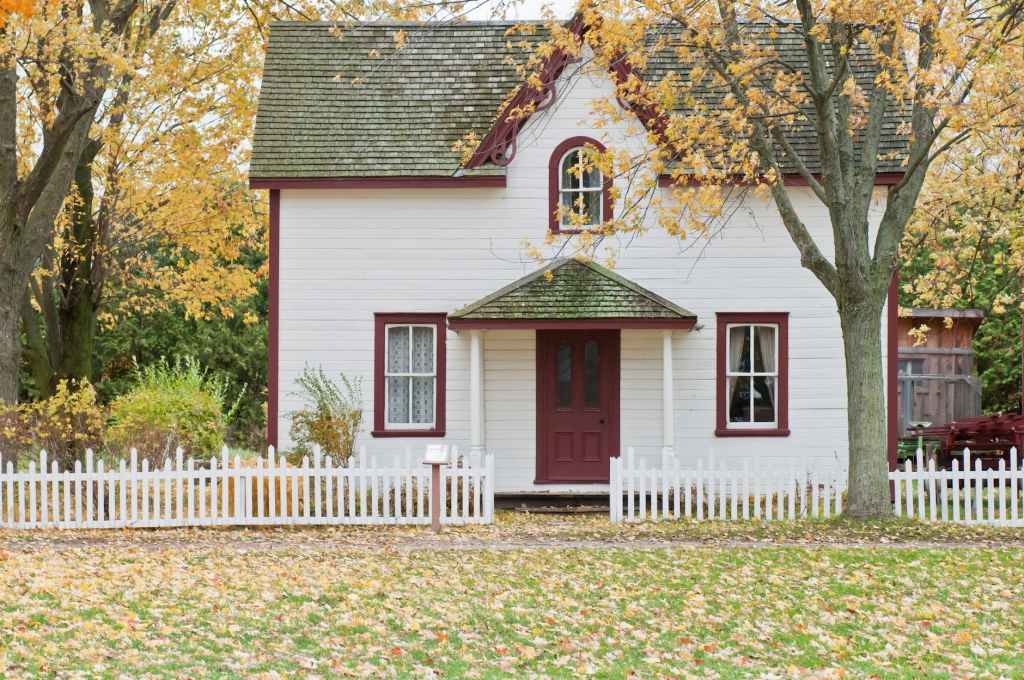

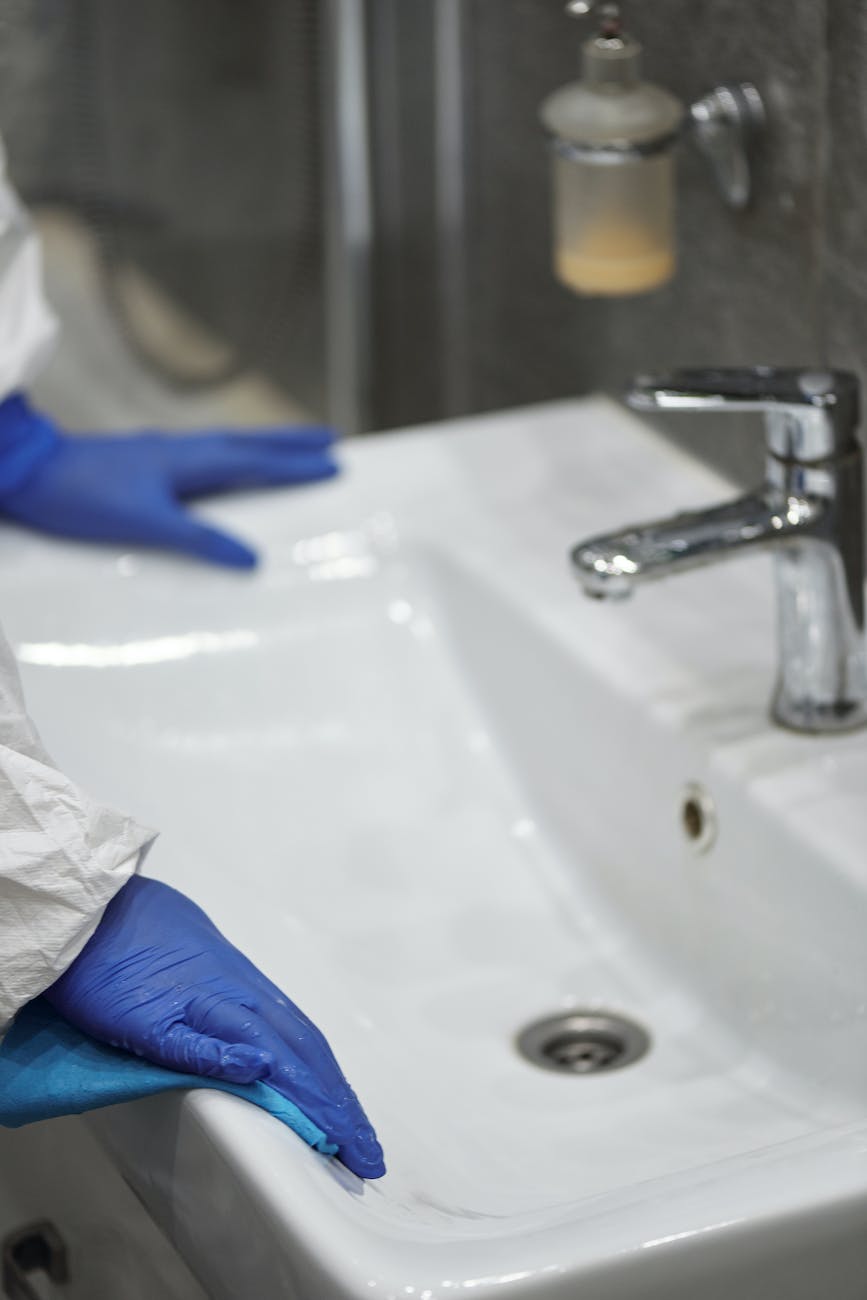
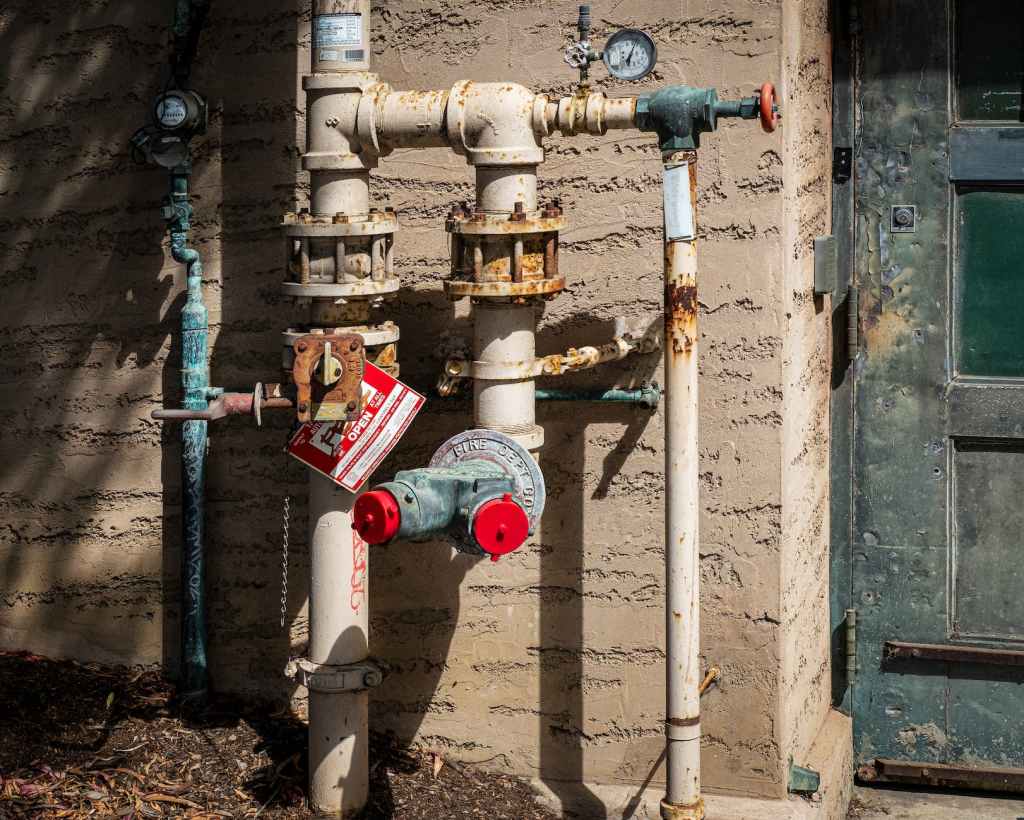
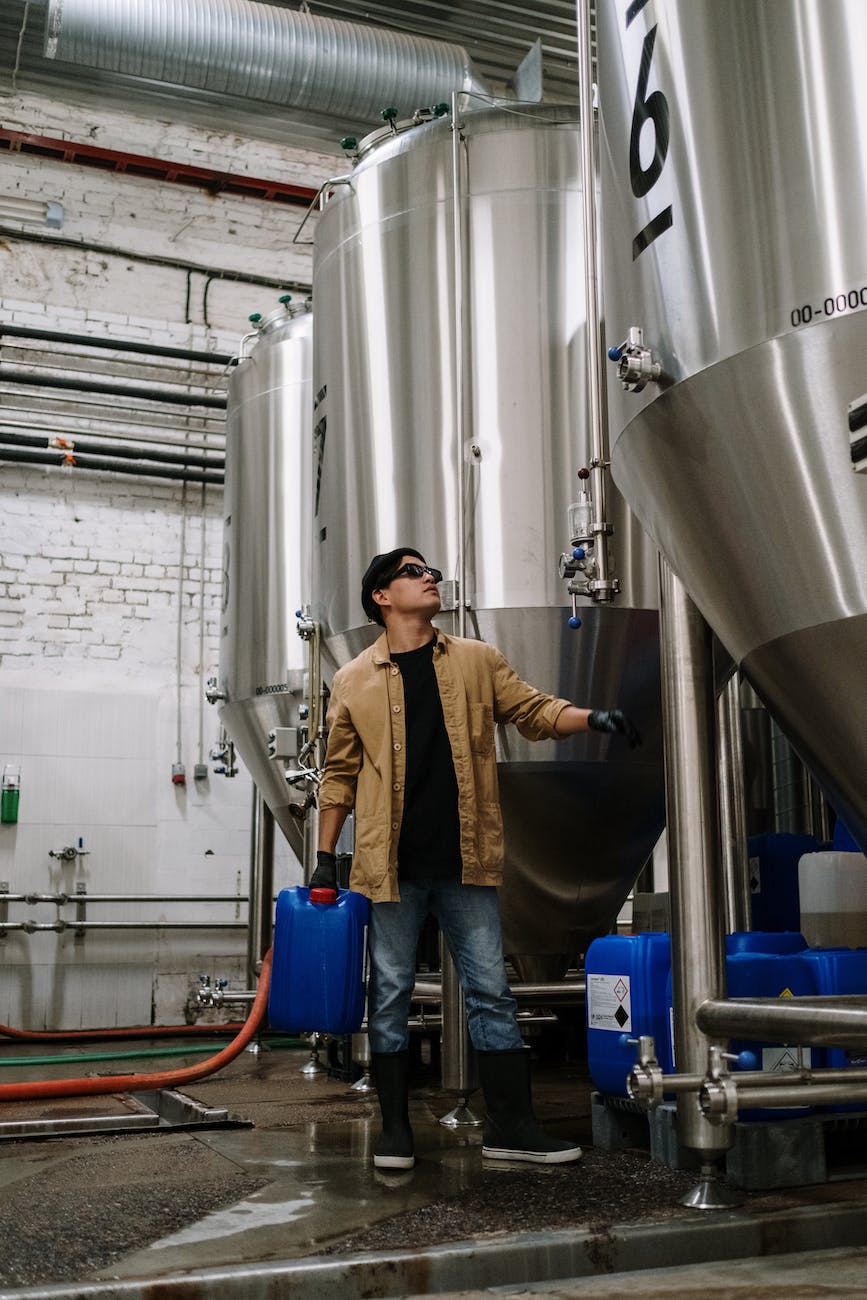



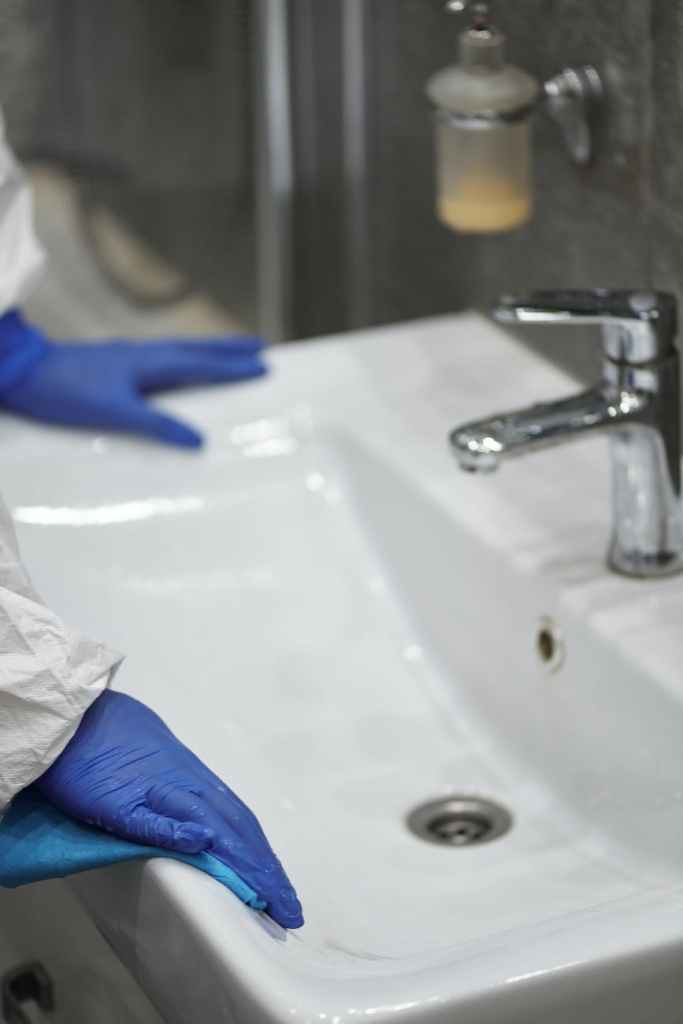
Leave a comment